Understanding Chronic Pain
Chronic Pain and Physiotherapy
Chronic pain can be debilitating and if you suffer from chronic pain, you’ve probably been told at some point that you are to stay as active as possible. The very thought of this probably makes you cringe when just getting through your day to day can be hard enough. Chronic pain is complex, but with Physiotherapy we can help you understand your body and give you the tools you need to start improving your life. First, let’s take a closer look at chronic pain. What is it? How exactly can Physiotherapy help?
What is chronic pain:
Chronic pain is pain/injury that has lasted beyond the expected period of healing (more than three to six months).
Persistent/Chronic pain usually develops after a minor injury. Instead of getting better over-time, the pain often increases, long after the initial injury has healed.
With Chronic pain, it becomes difficult to move, work, and enjoy a normal life.
Chronic pain sufferers often become depressed and isolated and develop a sense of frustration and helplessness.
What causes chronic pain?
Chronic pain persists after the initial injury has recovered. This means that the tissue that was initially at fault is now healed, but why do we still get pain in that area? In chronic pain, the body’s nerves and brain rewire themselves and become super sensitive to what would be normal stimuli like touch, or simple movements. Emotional stimuli such as stress and anxiety increase the pain by producing chemicals that make the body and brain sensors even more sensitive. Chronic pain itself often causes feelings of isolation, depression, and anxiety so chronic pain can be become a vicious cycle as illustrated in the info graph above.
How can Physiotherapy help?
A Physiotherapist is uniquely positioned to help you with your chronic pain. They can give you a personalized strengthening program, a graded exposure plan, and non-pharmaceutical pain management techniques. Finding a Physiotherapist that you trust to help you through the process is important as a large portion of treatment is discussing and understanding the pain, working on activity plans, and goal setting. Some hands on treatment can be used to help with pain management, but the end goal is active treatments, self-management, and empowering the patient.
If you would like to know more about chronic pain or want to start your treatments today call 780-424-4804 to get started!



